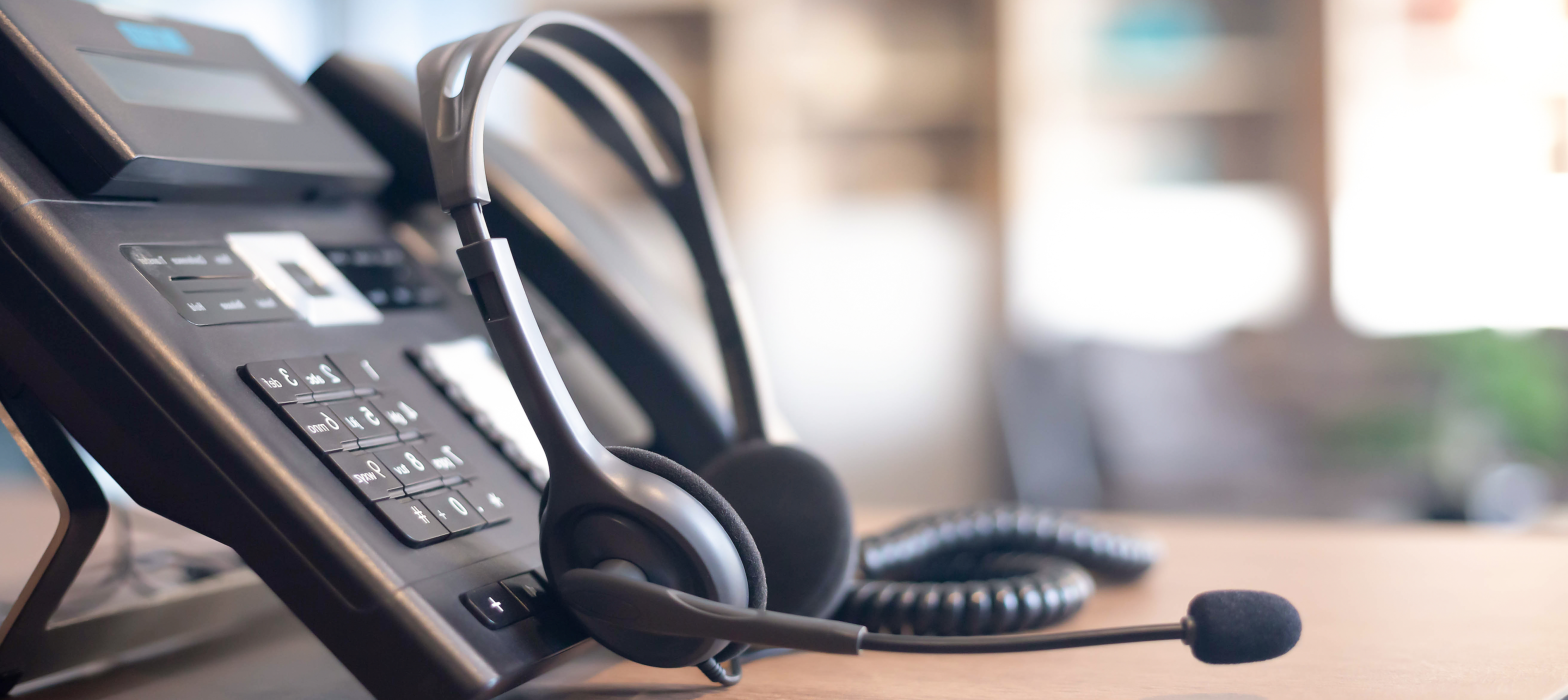The Importance of an Ethics and Compliance Hotline
An ethics and compliance hotline is essential for fostering open communication, timely reporting, and a strong organizational culture, ultimately protecting the company from legal issues and reputational damage. Companies like Johnson & Johnson, Boeing, and Starbucks exemplify how effective ethics programs can enhance integrity and accountability within the workplace.

In today's complex business environment, organizations face a multitude of ethical challenges and compliance requirements.
An ethics and compliance hotline serves as a crucial tool in promoting a culture of integrity and accountability. Here, we explore the importance of having such a hotline in place, along with examples of companies that have excelled in their ethics programs.
Encouraging Open Communication
One of the primary benefits of an ethics and compliance hotline is that it encourages open communication within the organization. Employees often hesitate to report unethical behavior or compliance violations due to fear of retaliation or the belief that their concerns will not be taken seriously. A hotline provides a confidential and anonymous way for employees to voice their concerns, ensuring that they feel safe in reporting issues without fear of repercussions.
Example: Johnson & Johnson
Johnson & Johnson has long been recognized for its commitment to ethical practices. Their "Credo" emphasizes the importance of integrity and responsibility to stakeholders. The company provides multiple channels for employees to report concerns, including a 24/7 ethics hotline, which has fostered a culture of transparency and accountability.
Facilitating Timely Reporting
An effective hotline allows for the timely reporting of unethical behavior or compliance violations. Quick reporting can lead to swift investigations and resolutions, mitigating potential risks to the organization. The sooner issues are identified, the less likely they are to escalate into larger problems that could result in legal issues or damage to the company’s reputation.
Example: Boeing
Boeing has implemented an ethics hotline that allows employees to report concerns anonymously. This system has been crucial in identifying and addressing issues before they escalate, particularly in light of recent challenges the company has faced. By taking swift action on reported concerns, Boeing has worked to restore trust and reinforce its commitment to ethical practices.
Strengthening Organizational Culture
Implementing an ethics and compliance hotline signals to employees that the organization is committed to ethical behavior and compliance with laws and regulations. This commitment fosters a culture of integrity, where employees understand the importance of ethical conduct and are encouraged to uphold these values. A strong ethical culture can enhance employee morale and loyalty, ultimately benefiting the organization as a whole.
Example: Starbucks
Starbucks has cultivated a strong ethical culture, supported by its ethics and compliance hotline. The company encourages employees to speak up about any concerns, reinforcing a culture of openness and respect. This commitment has contributed to high employee satisfaction and retention rates.
Protecting the Organization
Hotlines not only protect employees but also safeguard the organization itself. By identifying and addressing unethical behavior early, companies can reduce the risk of costly legal battles, regulatory fines, and reputational damage. Additionally, organizations that demonstrate a commitment to ethical practices are more likely to attract and retain customers, investors, and top talent.
Example: Microsoft
Microsoft’s ethics program includes a robust hotline that allows employees to report unethical behavior without fear. The company’s proactive approach to ethics has helped it avoid significant legal issues and has enhanced its reputation as a responsible corporate citizen.
Continuous Improvement
An ethics and compliance hotline can also serve as a valuable source of feedback for organizations. By analyzing the types of reports received, companies can identify trends and areas for improvement in their policies and training programs. This continuous feedback loop helps organizations stay proactive in their compliance efforts and adapt to changing regulations and ethical standards.
Example: Intel
Intel utilizes its ethics hotline not only to address concerns but also to analyze data for trends. This information has led to improvements in their training programs and policies, ensuring that they remain at the forefront of ethical compliance in the tech industry.
Conclusion
In summary, an ethics and compliance hotline is an essential component of a robust compliance program. It encourages open communication, facilitates timely reporting, strengthens organizational culture, protects the organization, and supports continuous improvement. By investing in such a hotline, organizations not only demonstrate their commitment to ethical practices but also create a safer and more accountable workplace for all employees.